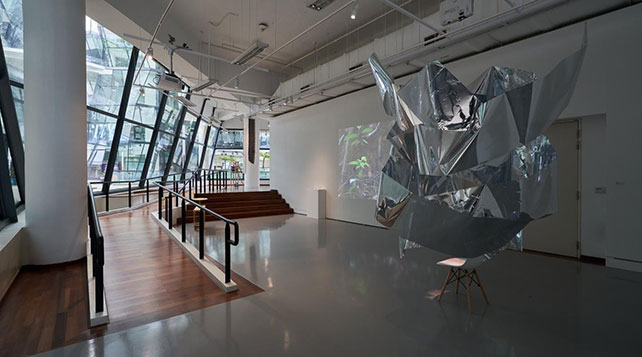
Playground – a vast, open free space set for sociocultural, physical-embodied and artistic creative explorations. Often deeply associated with the developmental journey of humans as children, it has historically remained a boundless space of raw discovery, joy and social bonding. From spaces fecund with human potential, playgrounds have transformed, in much of the late 20th century, into normative, adult spaces – determined and managed by adults as to what people both as children and adults should explore, how to consume and perform play. Attendant to this is how to determine the safety and surveil interaction with others.
Playgrounds today, more than ever, are fraught with contested freedoms in the determination of space, what is contained within a space and who should be in this space. This has been at the heart of the formation of the 20th century’s major political offering: the nation-state, an endless line of perforations between communities, languages, oceans and ideas.
In cultural studies, playgrounds have also transmogrified into digital and corporate spaces, and are determining features of the ‘new office’ of the future. hile in the art world, the concept of the playground has liberated the artist and unleashed them into a world of excess and access to methods, materials, approaches and potentials. The question of who determines and outlines play, the ground and the interrelation between play and ground and who sets the ground rules of the playground forms the springboard for this edition.
Venue: Praxis Space, Project Space and Earl Lu Gallery
When: 4 Aug - 2 Sep 2023,
By: LASALLE College of the Arts






